City issues meet national politics in the 2023 race for mayor of Green Bay
Incumbent Eric Genrich and challenger Chad Weininger – a Democrat and a Republican — are facing off in a close contest for a nonpartisan office to lead Wisconsin's third-largest city.
March 28, 2023 • Northeast Region
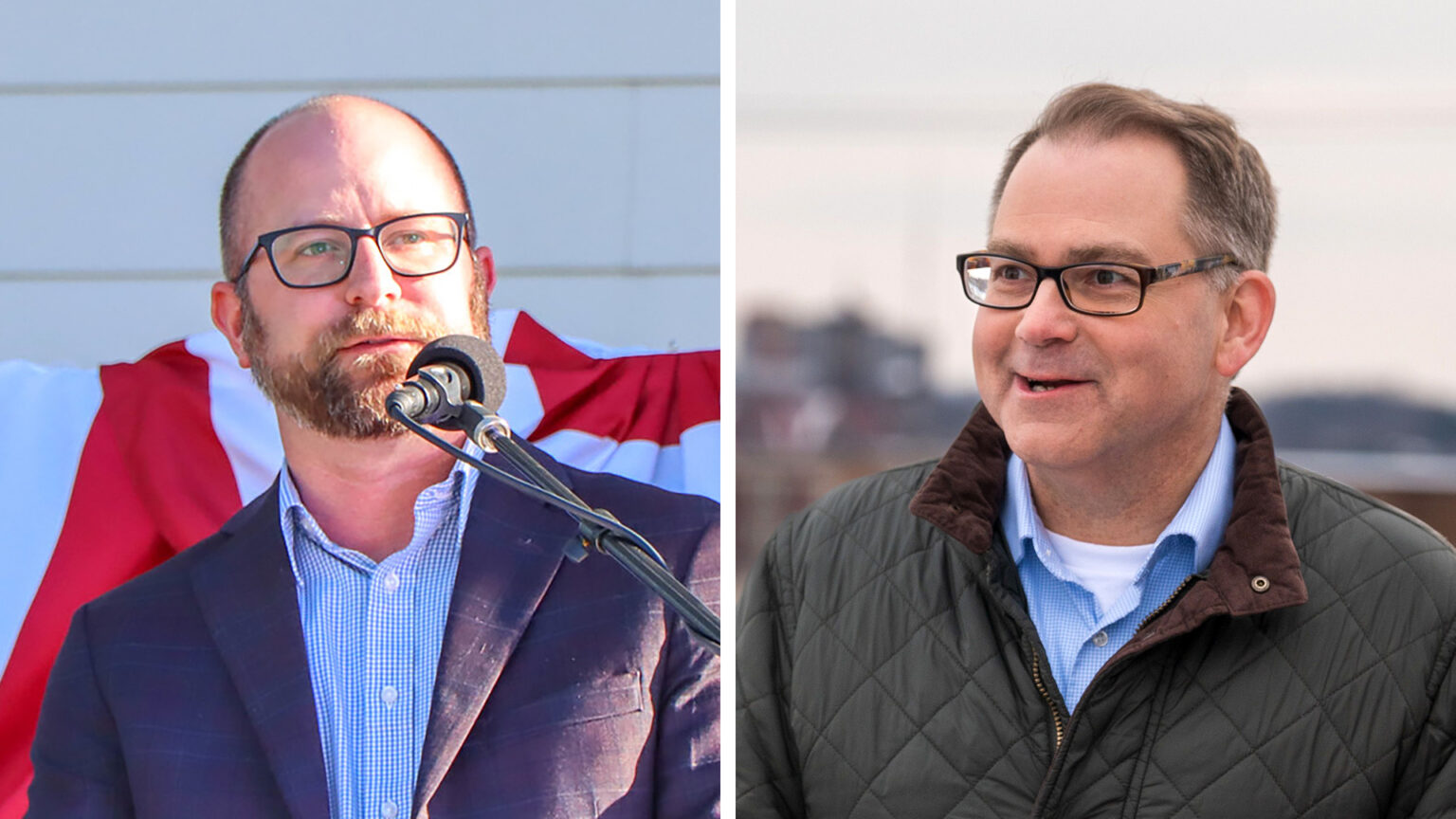
Eric Genrich and Chad Weininger are the candidates running for mayor of Green Bay in the spring 2023 election. (Credit: Courtesy of Eric Genrich and Chad Weininger)
One candidate wants to “be a mayor for all of Green Bay.” The other candidate wants to take the reins to “get Green Bay back on track.”
In the 2023 race for mayor of Wisconsin’s third-largest city, both candidates are locked in what has proven to be a closely fought and acrimonious contest.
The incumbent mayor of Green Bay is Eric Genrich, who is running for a second term. Genrich said he wants to continue working on his goal of inclusiveness for all city residents and potential residents.
“It’s really important for Green Bay to be viewed as an open and inclusive place to locate, to raise a family, to employ yourself. And that hasn’t necessarily always been the impression that folks have had of our community,” explained Genrich, 43. “It’s about making sure that people in this community feel as though their city government and their mayor are really dedicated to improving every square inch of town, every neighborhood – no matter folks’ background or points of view or orientation.”
The challenger is Chad Weininger, who is the director of administration for Brown County. Weininger said Green Bay needs a major change in trajectory.
“We’re faltering economically. Even with these recent increases in taxes, our roads are still crumbling and many of our neighborhoods are unsafe,” explained Weininger, 51. “These are the things that have not been addressed over the last four years that we really need to address if we’re going to have a good, prosperous future.”
In the February primary election, out of four candidates, Weininger received 6,192 votes, or about 47% overall while Genrich was closely behind with 6,106 votes, about 46%.
Mayoral offices in Wisconsin are officially nonpartisan, and the terms of debates in contested elections often focuses on issues of development, public safety and provision of city services.
This race has taken on a stark ideological character, though. Genrich is a Democrat and Weininger is a Republican. There has been political fallout from the pandemic and some hot-button national-level issues have come up.
Additionally, the mayor is responsible for breaking tie votes in the 12-member city council, for which 6-6 splits isn’t uncommon.
Despite stark philosophical and ideological differences, the two candidates do share a couple of similarities. Both were state Assembly representatives for the Green Bay area and both were born and raised in the city.
There is also some overlap in typical municipal issues that Genrich and Weininger say they want to address as mayor.
For starters, Weininger wants more cops on the streets.
“There’s been a number of areas where it used to be really problematic, about six or eight years ago. When you take those out, it really turns the neighborhood around,” he said. “Five blocks down from me there was a drive-by shooting – and I live in a nice area. And the summer before, there was a number of shots fired. We need to focus in on that – we need to be more aggressive.”
Genrich, however, said he’s done just that and has plans to do more.
“We’ve added seven additional police officer positions and added firefighters to our fire department. We’re also hoping to get some good news on a violence prevention grant through the state of Wisconsin,” he said.
Roads are another conventional issue that’s come up in the race.
“We’ve invested $20 million in roads and bridges over the last four years and have resurfaced or reconstructed over 22 miles of streets and made 11 bridge improvements,” Genrich said.
Weininger, however, said that’s not enough.
“At that rate, we’re never going to catch up with the problems – we’ve got potholes galore and that’s affecting people’s pocketbooks with repairs on their cars. Also, people don’t want to locate new businesses in areas that don’t keep up their infrastructure,” he said.
But there have also been a couple of controversies in Green Bay that are connected to national-level social and political issues, and have made headlines around the state. These disputes have been intense, with both candidates reporting that they have received threats over the course of the campaign.
First, there was a stalemate on the city council over the kinds of flags that could be flown on city flagpoles.
In June 2022, the Progress Pride flag was raised on the city hall flagpole for the first time. Soon after, city council members began discussing setting a municipal flag policy. Ald. Chris Wery proposed that only the United States flag, the Wisconsin flag and the city flag should be allowed on municipal flagpoles. When that policy was put to a vote by the city council, alders deadlocked in a 6-6 tie.
Genrich broke the tie in early February 2023, voting to not pursue the restrictive flagpole policy.
“I had to intervene and essentially prevent the Pride flag from being banned from city flagpoles,” he explained. “I just firmly believe … that’s the right thing to do. We want to be a community that’s growing and attracting new and diverse faces – if you’re not that kind of community, you’re dying. And I think that the public at large very much agrees with that — but not all local politicians do.”
When asked about the city council’s flagpole policy tie, Weininger didn’t answer which way he would have voted.
“I think it should be up to the mayor to make that decision and to decide what flags to fly,” he said. Weininger added that issues like this “just causes extra divisiveness that doesn’t need to be there.”
Another controversy that’s caused a lot of debate and disagreement is the installation of audio recording devices in Green Bay City Hall. The audio recording devices were added to three security cameras starting in 2021 – one each outside the city clerk’s office, the city council chambers and the mayor’s office.
City staff were notified when the devices were added to the already-installed video cameras, but no new signage was initially put up alerting the public to ongoing audio recording. Signage has since been added.
Following outcry by multiple alders, the American Civil Liberties Union weighed in, calling the devices “a serious threat to privacy and completely unjustified.” Subsequently, a Brown County judge ordered the audio recording devices turned off following a lawsuit over the matter filed on behalf of the Wisconsin Senate by state Sen. André Jacque, R-DePere. In early March, the Green Bay city council voted to ban the use of audio recording devices in city hall.
Genrich and city attorneys have defended the use of the devices, noting support from city police. In court documents, they cited security concerns from city employees as well as the public after three verbal altercations in city hall, two involving city hall staff and one involving a reporter.
Genrich said the city needs to move forward with a new conversation about security.
“I have an obligation to make sure that members of the public and our employees are as safe as they can possibly be and that’s something that I’m not going to waiver from,” he said. “So, we’ll be bringing forward some different ideas within the next couple of weeks about how we might be able to keep people safe.”
Weininger said there are problems with how Genrich handled the installation of audio recording capacity in the security system at city hall.
“They should never have been installed in the first place,” he said. “Then [Genrich] doubled down on it, saying it was legal – that just caused more anger so more people got involved.”
City-specific controversies aside, another major issue affecting Green Bay is the amount of shared revenue Wisconsin municipalities will receive from the state in coming years. This 2023-25 state budget cycle is of particular interest, since Wisconsin is projected to have a $7 billion surplus to spend and is expected to make changes to its shared revenue system.
Noting his budget experience at both the county level as an administrator and as a former state legislator, Weininger called the surplus and possibility of increased shared revenue “a double-edged sword.”
“If [the state] provides more, that’s a good thing. The problem is, if they do provide more, then all of the sudden the economy sinks, they will have to cut it back,” he said. “We just have to be cognizant that if we use [additional shared revenue] for police and fire and then if the state were to cut that, we have to be agile enough to have to look at that.”
Genrich said a big bump in shared revenue “would be game changing.”
“From the city of Green Bay’s perspective, I believe it’s an additional $11.4 million is what the governor has proposed on an annual basis, which is roughly doubling what we receive right now,” he explained. That amount, Genrich said, “would get us back to the trajectory we’d be at if shared revenue had kept pace with inflation going back a couple of decades.”
Both Genrich and Weininger agree that Green Bay, which is barely holding onto the title of third largest city in the state with roughly 107,000 residents, stands out as an indicator for the economic health and political direction – and division – of Wisconsin.
“The better Green Bay does, the better the state does. We are the northeastern hub for economic development. So, the better we do, the better it is for the state,” Weininger said.
“Green Bay is a pretty good bellwether for how the state of Wisconsin is going to look. We tend to be really competitive politically. And we’re comfortable being in that political epicenter and that’s no different this time around,” Geinrich said.
The two mayoral candidates face off in the April 4 election, which includes the statewide race for the Wisconsin Supreme Court. More information can be found at Wisconsin Vote.
 Passport
Passport





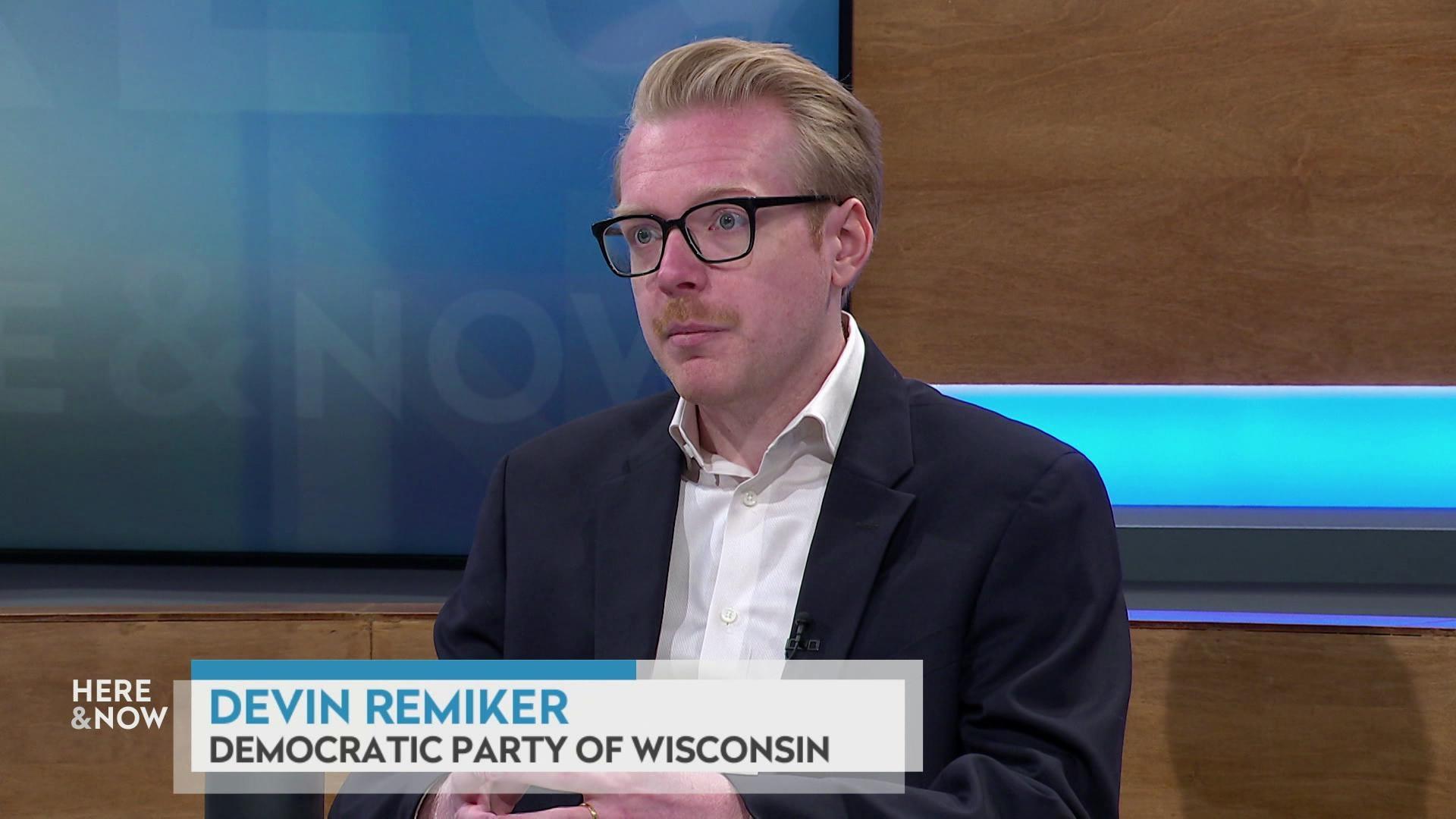
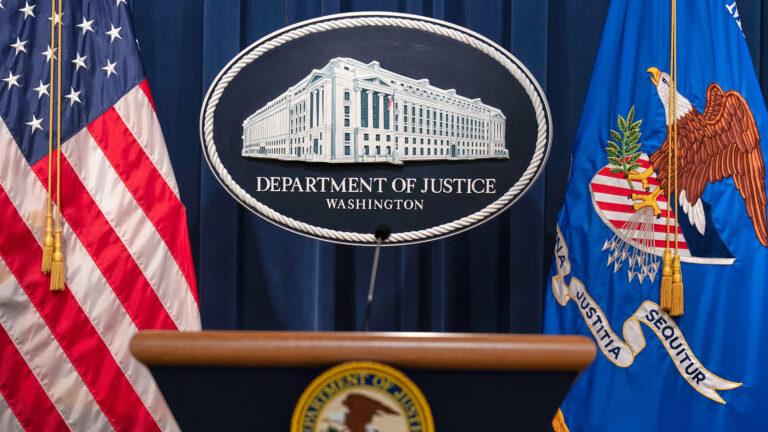
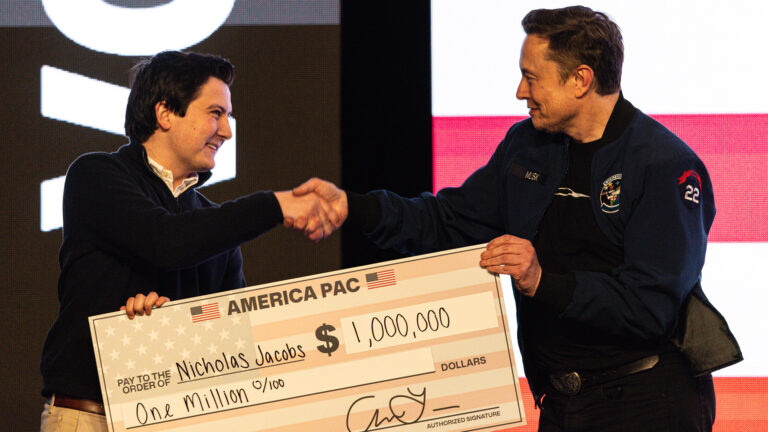
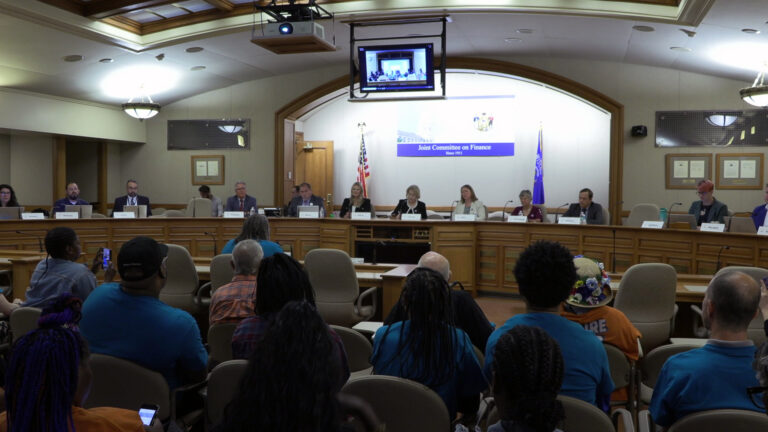
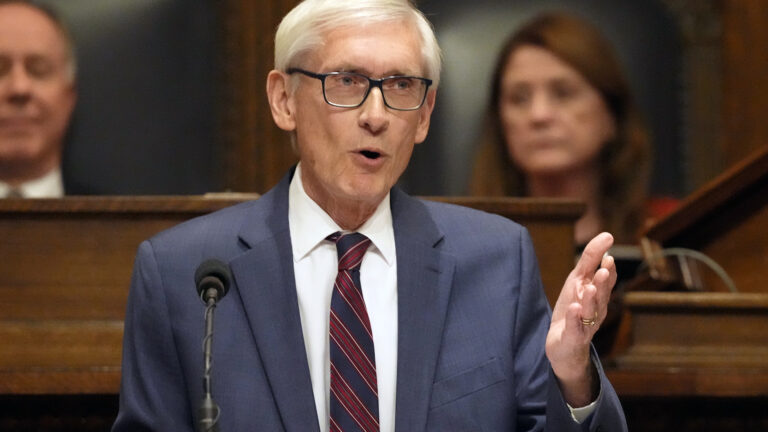

Follow Us